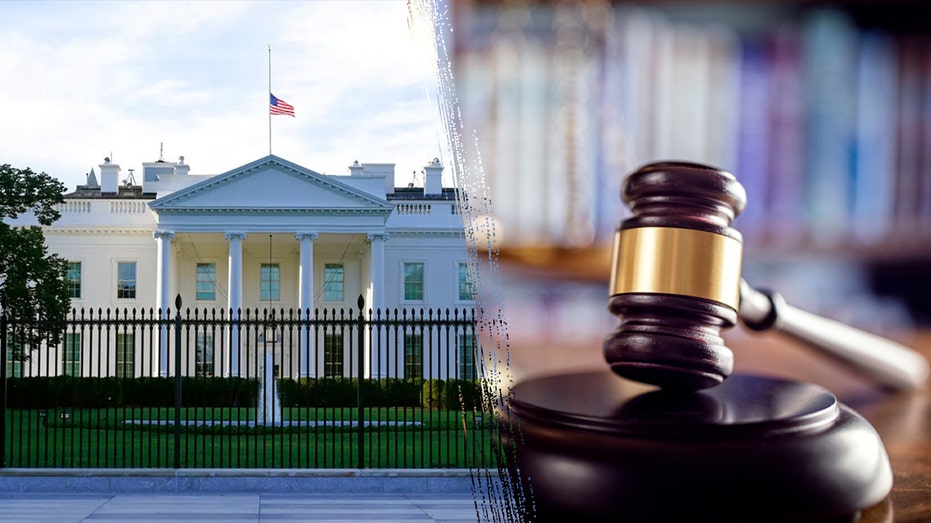How Judge Shopping is Steering Legal Battles Against Trump's Agenda

Sarah Johnson
March 10, 2025
Brief
Legal challenges to Trump’s actions highlight 'judge shopping,' where lawsuits are filed in favorable courts, sparking debate over judicial impartiality and proposed reforms to ensure fairness.
Legal challenges to President Donald Trump's early actions have been strategically funneled into courts considered more favorable to their causes—a tactic known as "judge shopping." This practice involves filing lawsuits in jurisdictions under appeals courts with a perceived political bias, shaping key legal battles.
The reasoning behind this strategy is no mystery. While the Supreme Court, the ultimate arbiter of U.S. law, hears fewer than 100 cases annually, the 13 U.S. appeals courts handle over 50,000 cases each year. These courts often become the gatekeepers for major legal disputes.
Historically, plaintiffs suing the federal government had to establish local ties to the district where they filed their cases. However, Congress lifted this requirement over 30 years ago, making judge shopping more accessible—and contentious.
Advocacy groups and individuals from both political sides have embraced this method. Democratic plaintiffs, for instance, filed multiple lawsuits against Trump’s executive order to ban birthright citizenship in the jurisdiction of the U.S. First Circuit Court of Appeals, known for its Democratic-leaning judges. Similarly, cases challenging Trump's early directives often landed in the Ninth Circuit, notorious for its liberal rulings.
One notable example involved Amarillo, Texas, where Judge Matthew Kacsmaryk, staunchly anti-abortion, presided over cases aiming to restrict access to the abortion pill, mifepristone. While his order banning the pill was upheld but narrowed by the Fifth Circuit Court of Appeals, the Supreme Court later dismissed the case, citing the plaintiffs' lack of standing.
Critics argue that judge shopping undermines the impartiality of the judiciary. Russell Wheeler of the Brookings Institution called the practice "contrary to the bedrock federal court principle of randomly assigning cases." Reform advocates have pushed for legislative and judicial changes to counteract it, including random case assignments for high-profile lawsuits.
Efforts to curb the practice include legislation requiring three-judge panels chosen randomly to hear cases, as well as guidance from the U.S. Judicial Conference promoting impartial case allocation. Senate Democrats also introduced a bill last spring aimed at randomizing case assignments, though it has yet to gain significant traction.
Judge Robert J. Conrad from the U.S. Judicial Conference emphasized that random assignments "promote impartiality and bolster public confidence in the federal judiciary." While reforms face challenges, they signal an acknowledgment of the growing unease surrounding court manipulation strategies.
Topics
Editor's Comments
The phrase 'random case assignments' almost sounds like a lottery system, doesn’t it? While I get the reform advocates’ push for fairness, it’s wild to think about how deliberate some of these legal maneuvers can be. It’s like the plaintiffs are playing chess—only their pieces are federal judges.
Like this article? Share it with your friends!
If you find this article interesting, feel free to share it with your friends!
Thank you for your support! Sharing is the greatest encouragement for us.



